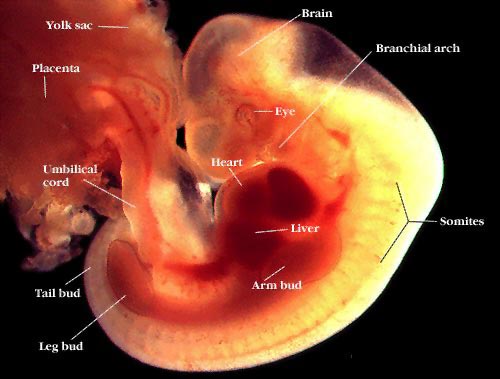
Recent research showed that depression and anxiety in pregnant women may double the likelihood that their babies have low birth weights, even when carried to term.
The researchers enrolled pregnant Bangladeshi women in their third trimester and tested them for symptoms of anxiety and depression. the subjects’ psychological states were assessed using two questionnaires. The researchers also collected data required to control for other conditions that might cause low birth weight and confuse the results. for this reason, each woman’s reproductive health, social support network, socioeconomic status, and exposure to violence were assessed. in total, 583 birth weights were measured within 48 hours of their time of birth.
Of the 583 mothers who gave birth during the study, 18% had symptoms of depression and 26% suffered from general anxiety. the rate of babies with low birth weight (under 5.5 lbs.) among all the women was 19%. However, the rate of underweight babies born to depressed women was more than twice the rate born to psychologically healthy women (33% compared to 15.8%). 28.9% of the babies born to anxious mothers had underweight children. Further statistical analysis designed to isolate the effects of these psychological factors from the effects of confounding factors, such as malnutrition, revealed that depressed women who were 2.24 times more likely to have babies with low birth weight, while anxious women were 2.08 times more likely.
The experts note that similar studies have yielded inconsistent results. Research in the United States, Sweden, China, and Ethiopia showed no association between depression and low birth weight, whereas research in India, Pakistan, and Brazil did. However, in high-income countries, psychological distress among pregnant women in disadvantaged classes has been associated with underweight infants. it is likely that depression and anxiety are just two parts of several risk factors that include poverty, malnutrition, and poor social support during pregnancy, leaving lower income mothers at a particular disadvantage.
Screening pregnant women for anxiety and depression could help identify at-risk mothers. Treatment to alleviate their psychological symptoms could also affect other conditions associated with low birth weight, such as malnutrition and exposure to violence.